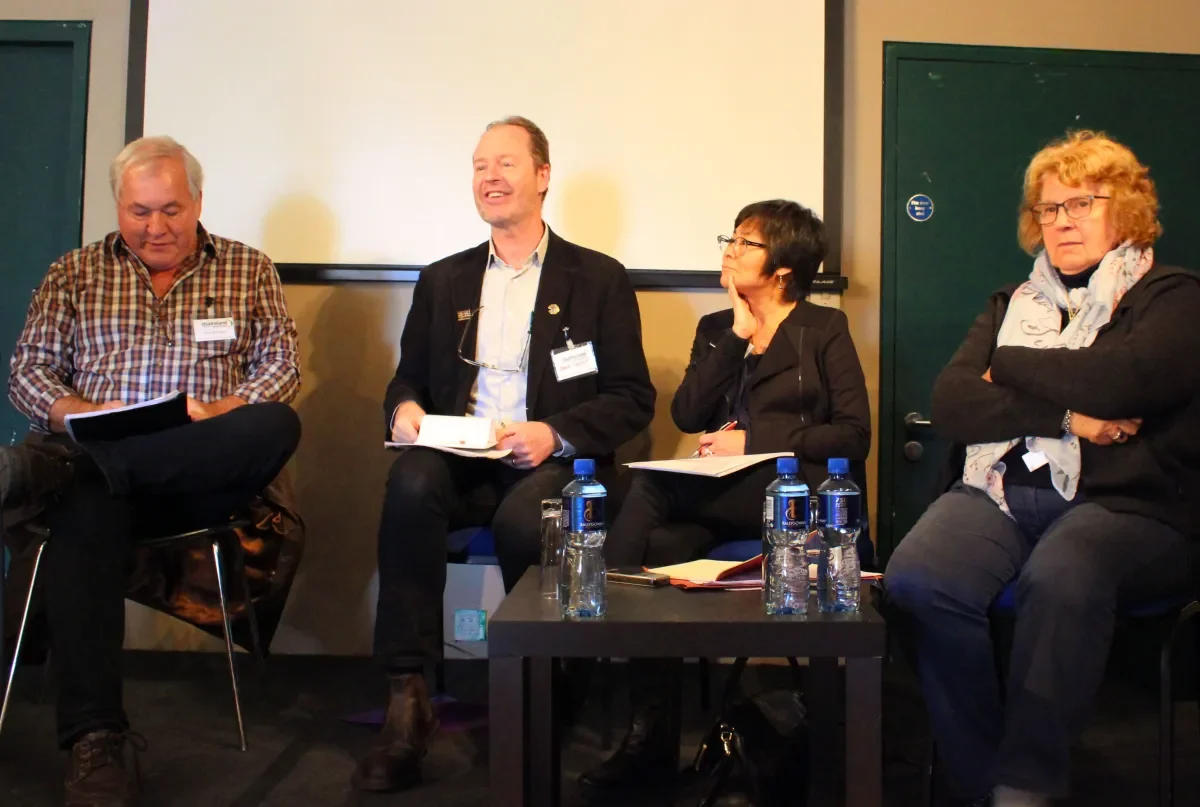

International Development Charity or Solidarity?
The “International Development Charity or Solidarity?” workshop was held by Development Studies Association of Ireland Civil Society Study Group and the Centre for Global Education, Belfast on Friday 19th October in the Liberty Hall, Dublin, Ireland.
The activity driven and discussion oriented workshop consisted of the following 2 sessions:
- CIVIL SOCIETY IN THE GLOBAL SOUTH
- ENGAGING CIVIL SOCIETY IN THE GLOBAL NORTH
The Speakers included voices from the NGOs, the research sector, the trade union movement and a view from the Global South.
Workshop Report “International Development: Charity or Solidarity?” by Lydia Kelly
Overview
In Ireland, the role of development NGOs is rarely interrogated. There is a shared discourse across the government, NGO and academic sectors which may not be seen to encourage critical enquiry and plac-es emphasis on the ‘dependence’ of those in the ‘South’. The aim of this event was to interrogate the role of this discourse, particularly the predominance of the charity model, has in creating a power im-balance that we might wish to ques-tion from a social justice or solidar-ity perspective. The event was con-vened by the co-chairs of the DSA Ireland Civil Society Study Group in collaboration with the Centre for Global Education in Belfast and held in Liberty Hall on 19th Octo-ber 2018. A brief summary of the proceedings follows.
Session
1: Panel on Engaging Civil Society in the Global South
Su-Ming Khoo, as chair, opened the discussion by welcoming the participants, and asserted the aim of the session was to add value to academic research for practice ap-plication. David Joyce re-emphasized the importance of the role of Trade Unions in achieving sustainable development and made the case for integrating the concept of ‘decent-work’ into development discus-sions. The SDGs were identified as a way for a broad Civil Society coa-lition of community and interna-tional development, environment organizations and Trade Unions to come together to hold government to account in light of increased op-pression and pressure on civil soci-ety spaces around the world.
Tina Wallace addressed the recent crises in the NGO sector. By out-lining both causes and responses, it was revealed that the problems are not new and NGOs actions seem more concerned with protecting their reputation than addressing problems and getting justice for victims. Challenges of power im-balances, gender and race are exac-erbated by upward accountability, and are felt to be too big to face by NGOs, but it is essential they are addressed if NGOs are to be any-thing more than government sub-contractors.
Ronaldo Munck presented the case of Latin America as a way to think critically about NGOs and Civil Society. The view of NGOs in Latin America during the 1990s was as agents of imperialism, and so were critiqued. This case exem-plifies how NGOs need to critique neoliberalism and patterns of global inequality to be agents of change, and also how NGOs view of Civil Society is not the only one.
Session 2: Engaging Civil Socie-ty in the Global North
The afternoon session, facilitated by Stella Murray, opened the de-bate to the room. The language of charity versus solidarity was ex-plored, as well as the impact of this language on understandings of, and engagement with development is-sues by the public. The question of causes, effects and current solu-tions were then discussed, and shown to be complex and intercon-nected, defying attempts to create easy or clearly defined boundaries between them. Ultimately the value of justice is what distinguishes be-tween charity as a way of doing, and solidarity as a way of being, and demonstrates the need for a space for critical questioning and development education, which needs to be both practical and po-litical.
